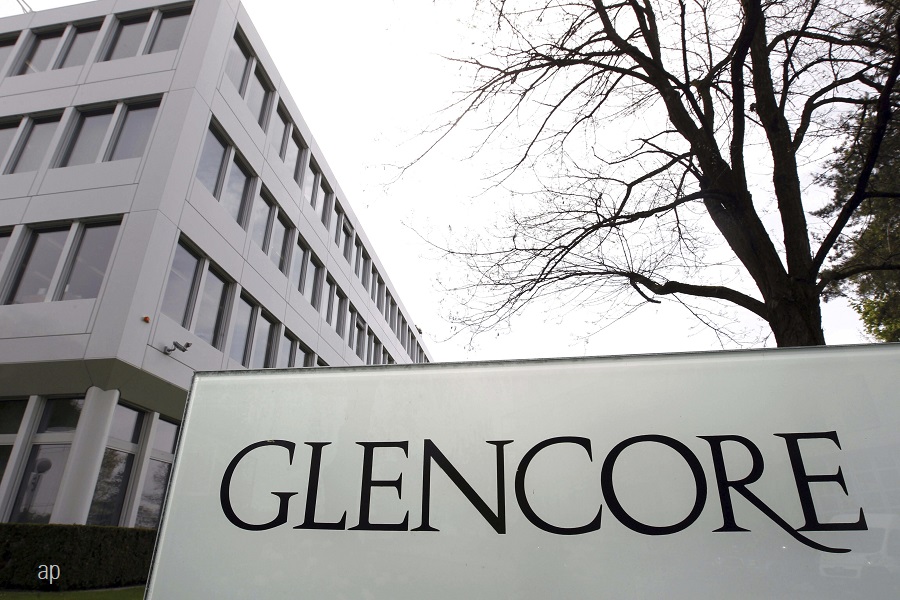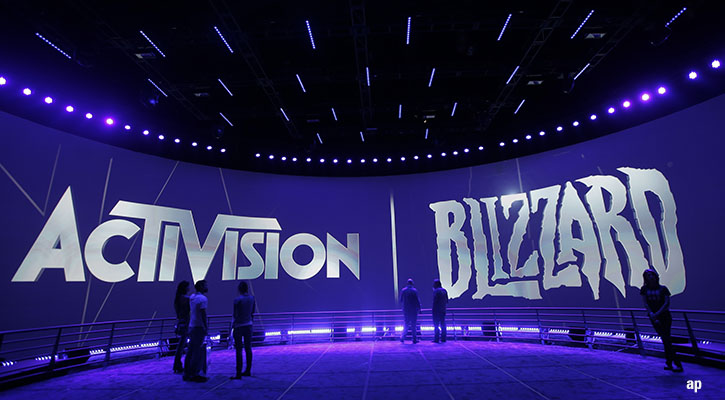
ASML ASML is a favourite among Morningstar’s analysts and strategists. Not only does the company land on Morningstar’s Best Companies to Own list for 2023, but it is among the 33 undervalued stocks our analysts like for the second quarter. Morningstar chief U.S. market strategist Dave Sekera counts ASML among his five undervalued stocks to buy after earnings this quarter, too, as a play on the long-term growth of artificial intelligence. Best of all, despite a 60% runup in its price since last fall, this tech stock still looks undervalued today.
ASML is the predominant supplier of photolithography equipment for semiconductor manufacturers. We expect it to materially benefit from the proliferation of extreme ultraviolet, or EUV, lithography at leading-edge chipmakers. Photolithography is the process by which a light source is used to expose circuit patterns from a photomask onto a semiconductor wafer. A photomask is a flat, transparent quartz plate containing the microscopic circuit pattern. The latest technological advances in this field allow chipmakers to continually increase the number of transistors on the same area of silicon. Lithography tools account for a significant portion of chipmakers’ capital expenditures, with EUV systems approaching US$200 million in price. ASML’s immersion lithography tools allowed the company to capture and maintain the leading position in the marketplace.
Key Morningstar Metrics for ASML
- Fair Value Estimate: $760
- Star Rating: 4 Stars
- Economic Moat Rating: Wide
- Moat Trend Rating: Positive
Economic Moat Rating
We believe ASML has a wide economic moat based on its intangible assets around equipment design expertise, in addition to research and development cost advantages required to compete for the business of leading-edge chipmakers. As the largest and most advanced supplier of photolithography equipment, the company exhibits considerable scale and technological superiority relative to its competitors. Its technical expertise and $3 billion R&D budget serve as barriers to entry, but competitors do exist, albeit in a substantially lesser capacity. We also believe that incumbent tool providers have intangible assets related to equipment design derived from service contracts and customer collaboration during process development and subsequent high-volume manufacturing. Taken together, these two sources of competitive advantage allow leading equipment companies to earn excess returns on invested capital over extended periods.
Read more about ASML’s moat rating.
Fair Value Estimate for ASML Stock
Our fair value estimate of US$760 per share is driven by a strong outlook for EUV adoption. We expect ASML to attain its 2025 financial model presented at its 2022 analyst day, which called for a revenue range of EUR 30 billion-EUR 40 billion. Our fair value estimate implies 2023 price/earnings of 38 times and an enterprise value/EBITDA multiple of 30 times. For 2023, management anticipates total revenue growth of 25%. We project revenue will rise at a compound annual rate of 14% through 2027. We expect gross margins to increase to the high 50s in the coming years (from the low 50s today) as EUV margins improve. We think R&D as a percentage of sales will settle in the low teens as ASML continues to invest in EUV development and other critical technologies. We see operating margins expanding beyond 40% in the coming years (from the low 30s today) as the company generates solid operating leverage.
Read more about ASML’s fair value estimate.
Risk and Uncertainty
The primary risk facing ASML is the degree of EUV adoption for customers’ high-volume manufacturing, though in recent years TSMC, Samsung, and Intel have all committed to materially deploying the technology. A secondary source of risk is the inherent cyclicality of the semiconductor industry, driven by the fluctuation of demand for chip-embedded devices including smartphones, servers, and personal computers. ASML depends indirectly on chipmakers creating advanced chips with its tools, and their inability to do so (or the pursuit of non-lithography-centric strategies) would have major ramifications for all parties. There also is potential for a scarcity of experienced engineering talent in the industry, though we think ASML has exhibited an effective human capital management program.
Read more about ASML’s risk and uncertainty.
ASML Bulls Say
- ASML is the largest and most advanced firm in photolithography, an integral part of chip manufacturing, and pioneering EUV lithography for the next wave of Moore’s law.
- The extensive technical expertise needed to develop lithography tools, which are highly complex and play a critical role in enabling Moore’s law, serves as a major barrier to entry.
- ASML has focused on operational efficiency in recent years to improve profitability throughout industry cycles.
ASML Bears Say
- ASML depends on a handful of powerful customers and sells high-priced tools that chipmakers strive to use as long as possible.
- Dependence on a limited number of suppliers for key components exposes ASML to possible disruptions to its supply chain.
- The company’s EUV lithography technology was delayed, and chipmakers utilized alternative solutions with equipment from other vendors as a result. If future iterations of EUV face delays, ASML may lose share in the broader wafer fabrication equipment market.





















